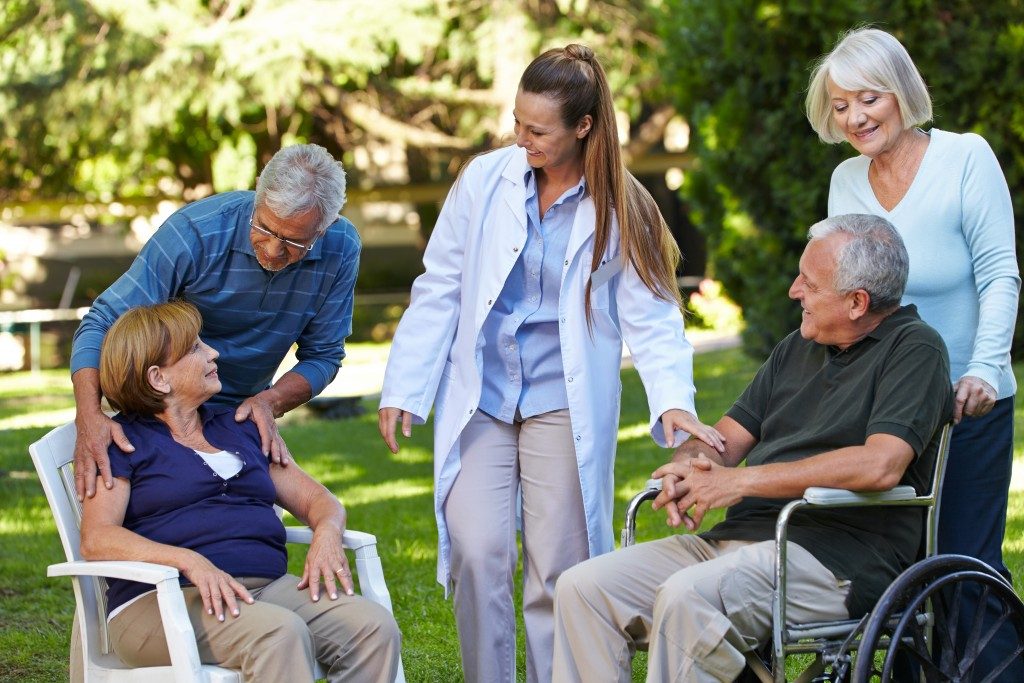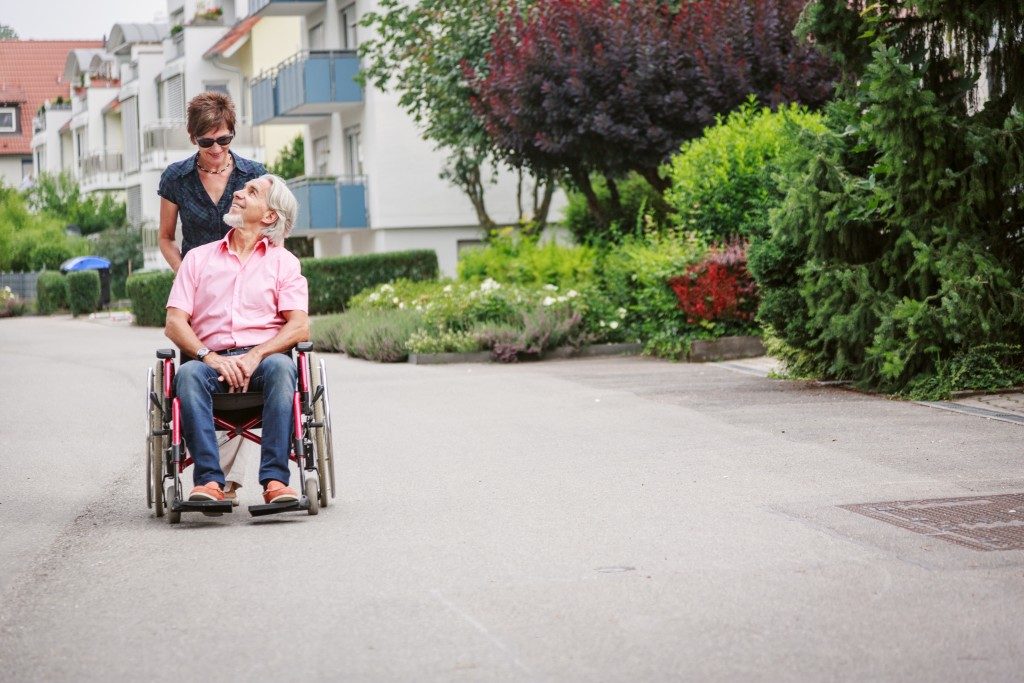A senior is a person who has crossed the 60-year-old mark. Usually, it is by that age that the body’s performance begins to deteriorate. Some seniors begin to experience difficulty when moving from place to place. For others, it is a deterioration in their senses. However, there are numerous living aids that have been designed over the years to facilitate self-dependence among the aged.
Living Aids
These increase the ease with which the elderly go about with their lives. The aids are frequently modified to better fulfill their intended use. An example is the effective walkers for seniors with seats which are an improvement of the previously used walking aids. The objective was not only to design aids that assist them to walk but also allow them to rest whenever they feel fatigued before reaching their destination. It also comes in handy when an elderly person is required to queue, such as in a bank, to receive certain services. You cannot solely rely on the benches as they may already be occupied by other clients.
Retirement Homes

These are multi-facility houses that are tailored to meet the needs of the elderly. They differ from nursing homes to some extent. The latter offer more than just a home for the aged. They have integrated medical functionalities and are, therefore, suited for seniors often suffering from chronic conditions such as dementia. On the other hand, retirement homes may just comprise of individualized suites where seniors prefer to stay as a way of coping with their psychological needs such as companionship. In both cases, the seniors or the family members in charge of an elderly person pay monthly fees that may be considered to be a form of rent. There are other retirement homes where a suite may be purchased in installments that are often spread over a long period of time. Retirement homes ease the burden on the part of an elderly’s family members, especially in situations where they may not be readily available to provide care to their loved one.
Mental Health
This is an essential aspect of taking care of the elderly. Usually, seniors are at a higher risk of experiencing mental health issues than other members of the population. The most common mental issues affecting the elderly are dementia and depression. Dementia refers to the gradual loss in a person’s mental capacity, including their memory, behavior, and motor coordination. In extreme cases, patients find it difficult to perform even obvious tasks that they once undertook effortlessly. On the other hand, depression has become a serious obstacle to the well-being of the elderly. Usually, the sudden increase in their free time and the considerable degree of isolation from the world tends to plunge them into depression. It becomes even worse when they realize that they can no longer perform certain tasks as swiftly as before.
The level of care rendered to the elderly is essential to their well-being. It is also important to provide them with the necessary living aids to guarantee their self-reliance, which is an essential aspect of their well-being.

